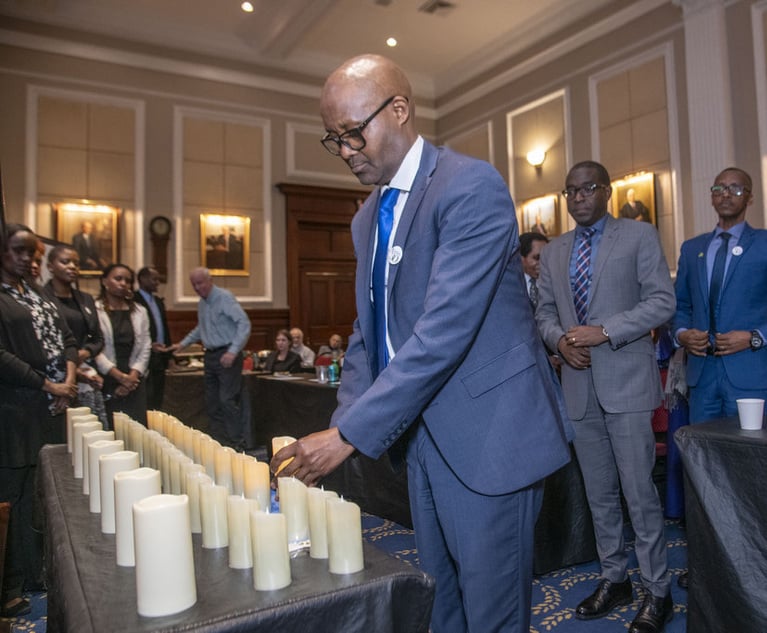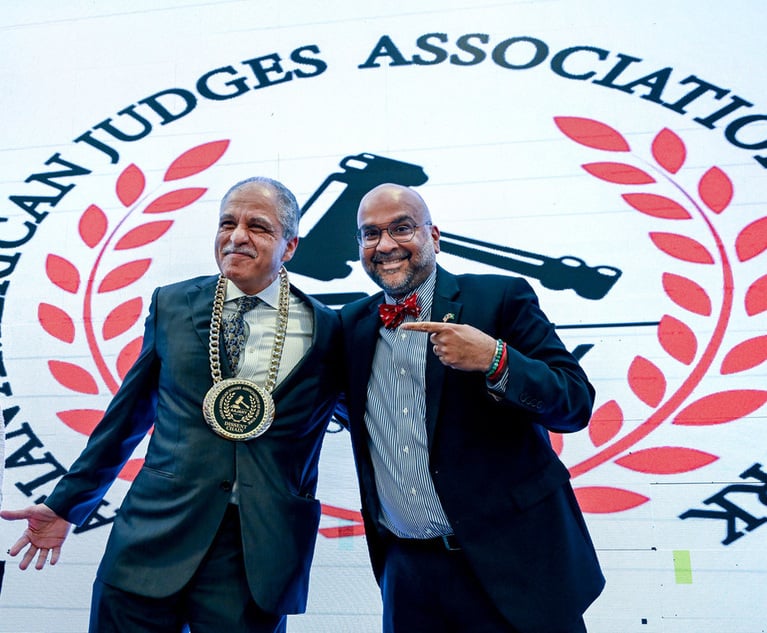Three decades ago, a small African nation showed the world that, just a half-century since the horrors of the Holocaust, the capacity for a society to take part in genocide had not been fully erased.
On April 6, 1994, Rwandan prime minister Juvénal Habyarimana, who had worked to bring peace between his country’s Hutu and Tutsi ethnic groups after years of civil war, was assassinated when a plane delivering him to the capital city was shot down by a surface-to-air missile.








